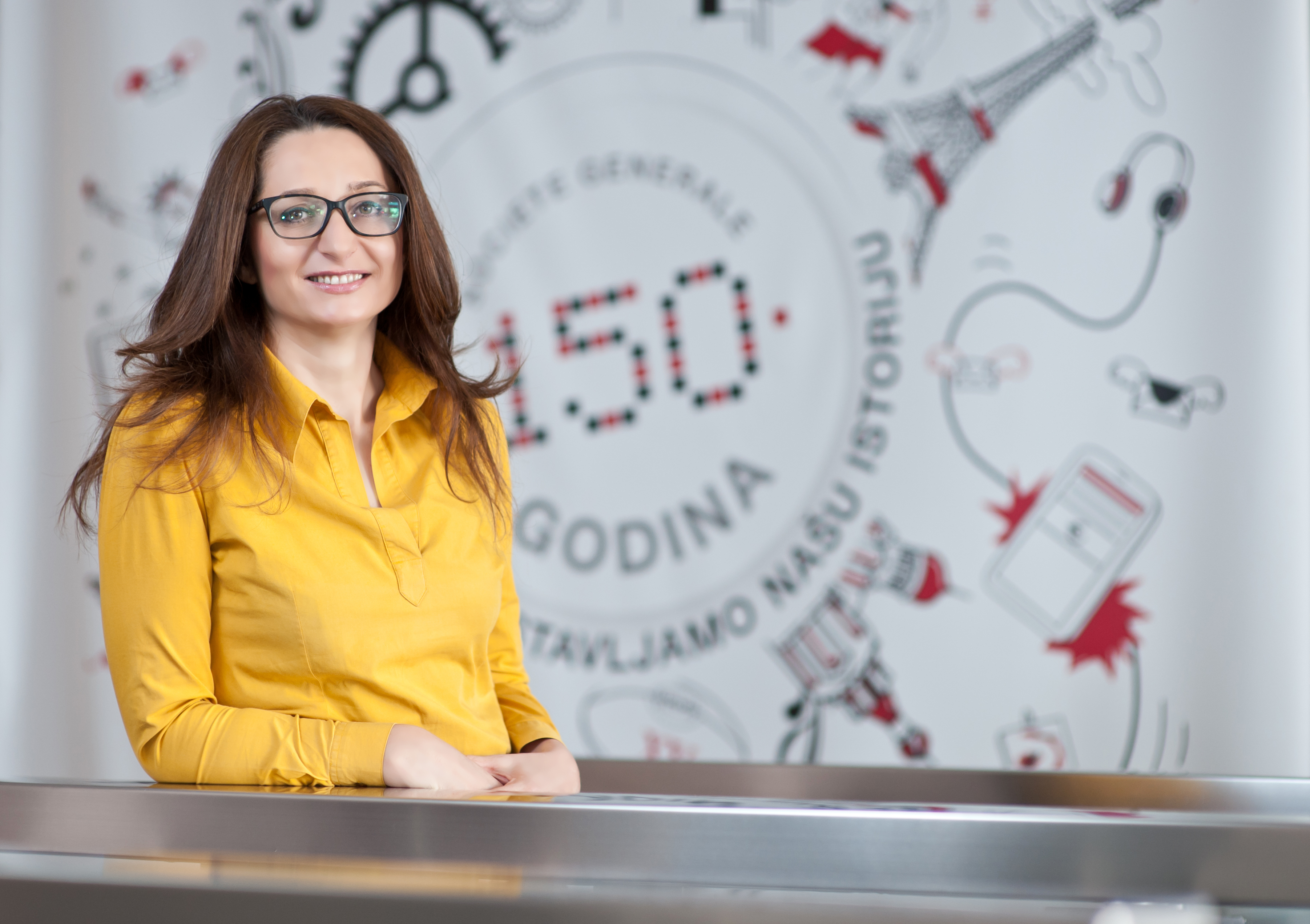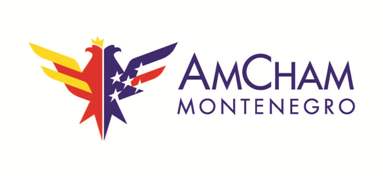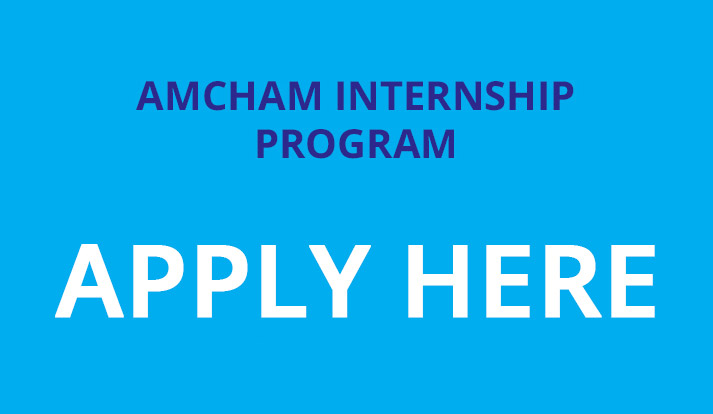
3
2018Dual education: concept and current state in Montenegro
Writes: Marina Banović, Deputy Chief Executive Director and Executive Director for Operation – Societe Generale Montenegro bank.
Dual education is an educational concept widely included in educational systems across the world, within which the students, mainly from secondary vocational schools, as well as students doing internships in companies, have the opportunity to gain practical knowledge in various fields. The aim of this educational concept is to give students an insight into practical work for which the students are being educated in schools and universities.
The countries who were amongst the first to recognize the importance of the concept of dual education were Austria and Germany. This concept, being successful, very soon and fast spread outside the borders of these countries. The similar system existed in former Yugoslavia, according to some sources, even during Austro-Hungary, under the auspices of so-called ‘’apprentice schools’’, and after World War II, they were known as ‘’secondary industry schools’’.
In the recent time, in Montenegro, there were few efforts to establish this educational system. One of them was an initiative by the UNDP Office in Montenegro, with an intention to introduce all interested parties with the system of dual education in European countries with tradition in this field and then to suggest a framework which could be applied in our society.

Marina Banović, Deputy Chief Executive Director and Executive Director for Operation – Societe Generale Montenegro bank.
The legislative framework for dual education in Montenegro
Starting from last year, a set of laws regulating secondary and higher education in Montenegro, have predicted a legal framework for dual education.
For secondary education, this system has been developed in detail and put in force since school year 2017/2018. Its core characteristics are that it is predicted for secondary vocational schools, practical education is predicted throughout the entire duration of school time, the number of days for practical education has increased from year to year, it has been predicted for 1stand 2ndyear students to be paid by the state, while the students from the 3rdyear would be paid by the company, etc.
Regarding higher education, wider framework has been set, based on a tripartite contract which would arrange the relations between all parties in the process: students, higher education institutions, and employers. This model enables to arrange rights and obligations on a basic level between the three parties depending on the specific requirements of the practice, from perspectives of both students and higher education institutions, as well as from those of employers.
There is an intention from the Ministry of Education to create an instruction, which would give directions for easier regulation of relations between the three involved parties. However, it will be needed for the universities and employers to give efforts on their behalves in order to establish this relationship. Regarding the universities, their main task would be to make space for practical education during the regular timetable set for lectures, ways to record and recognize the time spent on the internship in the sense of credit and to include it in the final mark for a certain subject. The employer also has to make adjustments, meaning the students should be provided with an adequate internship according to their curriculum, ensure mentoring by the professionals, etc.
”Dual education is a win-win situation for all interested parties“.
Marina Banović speaks about conclusions of the working group for dual education that operates within AmCham from last year.
According to the survey conducted by AmCham among some of their members in 2017, Montenegrin employers have expressed their interest in this program in 90 % of cases.
The general conclusion is that dual education provides a win-win situation for all parties involved. The student gets adequate knowledge and skills required for her/his future work, which increases their chances for quicker employment. Universities/schools who enable this educational concept to increase their attractiveness compared to future scholars and students. Lastly, employers get an access to the quality workforce while they are still students/ scholars, and have the ability to employ the best ones.









